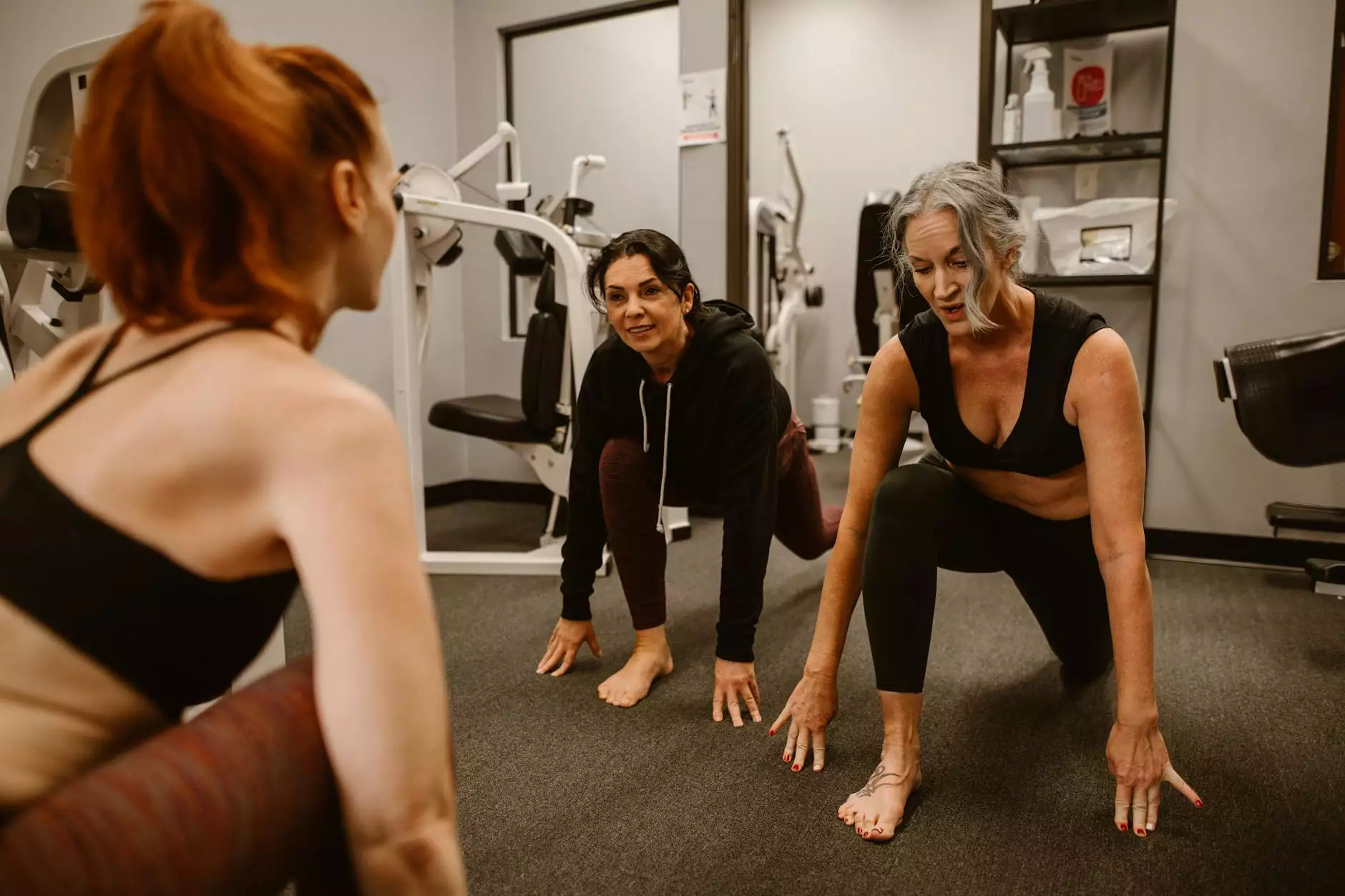The Intersection of Brazilian Jiu-Jitsu and Legal Education: Exploring the Concept of BJJ Seminary

Brazilian Jiu-Jitsu (BJJ) has gained immense popularity worldwide, not only as a form of self-defense but also as a pathway to personal development and martial arts excellence. Interestingly, the principles inherent in BJJ can be closely aligned with the concepts taught in a seminary setting, particularly for those interested in pursuing legal education. This article delves into the unique intersection of these two worlds, exploring how a "BJJ seminary" could potentially reshape the landscape of legal education while enhancing the skills and ethical considerations of future lawyers.
Understanding Brazilian Jiu-Jitsu
Brazilian Jiu-Jitsu is a martial art focusing on ground fighting and grappling techniques. Its primary goal is to enable a smaller, weaker person to defend against a larger adversary through technique and leverage. This is achieved by utilizing joint locks and chokeholds, making it an effective self-defense method. Moreover, the practice emphasizes a strong ethical foundation, where respect, discipline, and dedication are paramount values.
- Technique Over Strength: BJJ teaches practitioners that skill and technique can overcome brute strength, a concept that resonates strongly in both martial arts and legal practices.
- Continuous Learning: BJJ advocates for lifelong learning and adaptation, which is essential in the ever-evolving field of law.
- Discipline and Respect: The principles of discipline and respect in BJJ mirror the ethical obligations lawyers must uphold in their legal careers.
The Concept of Seminary in Education
A seminary is traditionally understood as a place of study or training, often related to religious education. However, the broader implications of what a seminary can represent—an institution dedicated to the rigorous study and development of professional skills—can easily extend into secular fields such as law. In this context, a BJJ seminary could serve as a model for combining physical training with legal education, thereby fostering a more holistic approach to professional development.
The Role of Ethics in Brazilian Jiu-Jitsu and Legal Practice
Ethics is a crucial component in both BJJ and the legal field. Practitioners are taught to apply their skills responsibly and with integrity. Similarly, lawyers are bound by strict ethical guidelines and standards of conduct. Here are some of the ways that ethics intertwine in both disciplines:
- Respect for Opponents: In BJJ, athletes are taught to show respect to training partners and opponents alike. This mutual respect fosters a culture of honor, which is also essential in legal practice.
- Accountability: Just as BJJ practitioners take responsibility for their actions on the mat, lawyers must be accountable for their decisions and the consequences they carry.
- Promoting Justice: Both disciplines require a commitment to fairness, promoting justice, and upholding human dignity.
Why Combine Brazilian Jiu-Jitsu with Legal Education?
Integrating Brazilian Jiu-Jitsu practices within legal training offers numerous benefits that can enhance the skills of law students and legal practitioners:
1. Improved Mental Resilience
Training in BJJ builds mental toughness. The ability to face challenges head-on, adapt strategies quickly, and remain calm under pressure translates directly into legal scenarios, such as courtroom litigation or negotiations.
2. Enhanced Problem-Solving Skills
BJJ is often described as a chess match on the mat. Practitioners must constantly evaluate their position, foresee moves, and adapt immediately. This strategic thinking is invaluable in legal cases where circumstances can shift rapidly.
3. Emphasis on Continuous Improvement
The pursuit of advancement in BJJ is never-ending. This culture of self-improvement encourages legal professionals to continually update their knowledge and approach to the law, remaining relevant in their practice.
4. Building Community and Networking
BJJ academies often foster close-knit communities, much like legal firms. These connections can provide important networking opportunities, mentorships, and collaborative support among professionals.
Creating a BJJ Seminary Model
The idea of establishing a "BJJ seminary" combines the rigorous study of law with the practical, ethical teachings of Brazilian Jiu-Jitsu. Such a model could look something like this:
Curriculum Overview
- Core Legal Subjects: Traditional law courses such as Contracts, Torts, Criminal Law, and Ethics.
- BJJ Training: Regular classes that teach practical self-defense, body awareness, and personal discipline.
- Ethics Workshops: Sessions that explore ethical dilemmas faced in both law and martial arts, encouraging open discussions.
- Interdisciplinary Projects: Joint activities where students collaborate on case studies requiring both legal knowledge and problem-solving skills derived from BJJ.
Benefits of a BJJ Seminary for Future Lawyers
A BJJ seminary model presents a myriad of advantages for students, both in personal development and professional skill acquisition:
1. Creating Well-Rounded Professionals
By marrying the physical and the mental, students become well-rounded legal professionals capable of confronting multifaceted challenges.
2. Fostering a Strong Ethical Foundation
Integrating BJJ ethics with legal studies provides a solid foundation that aligns with the moral obligations of the legal profession.
3. Encouraging Physical Wellness
Incorporating physical activity like BJJ promotes physical wellness—an essential aspect of combating the stress often associated with legal work.
4. Expanding Career Opportunities
Having both legal credentials and martial arts proficiency can open unique career paths in corporate security, personal protection, and dispute resolution.
Conclusion: The Future of Legal Education
As we explore the potential of combining Brazilian Jiu-Jitsu with legal education, it becomes apparent that the lessons learned on the mat have far-reaching implications in the courtroom. The proposed concept of a bjj seminary offers a revolutionary approach to legal training that prioritizes personal development, ethical considerations, and practical skills essential for success in the dynamic legal landscape.
In closing, the synergy between martial arts and legal education can sculpt the next generation of lawyers into professionals who are not only adept in the law but also grounded in values that promote justice, respect, and integrity. The establishment of such programs can catalyze a transformation in legal education, ultimately benefiting the legal community and society at large.









